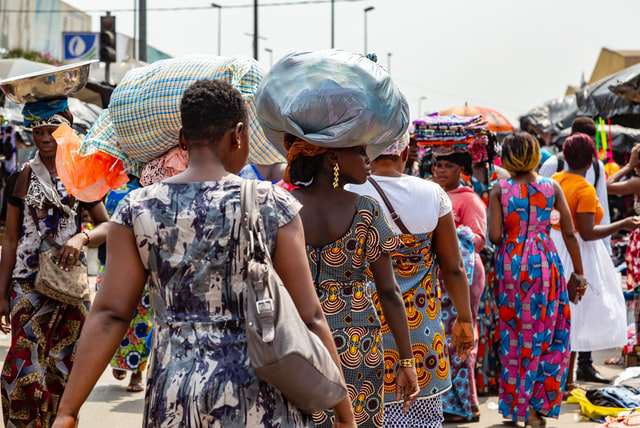Africa's economy has long been struggling due to various challenges that hinder its progress and development. This deep dive explores three key issues that African countries face: poverty, corruption, and infrastructure.
1. Poverty:
Poverty remains one of the most pervasive challenges in Africa. According to the World Bank, nearly 400 million Africans still live in extreme poverty, surviving on less than $1.90 per day. High levels of income inequality, limited access to education and healthcare, and lack of economic opportunities contribute to the persistence of poverty in many African nations.
Limited economic diversification is a significant factor in perpetuating poverty. Many African economies heavily rely on primary industries such as agriculture and mining, which are often vulnerable to price fluctuations and natural disasters. Insufficient investment in sectors such as manufacturing, services, and technology limits job creation and reduces income-earning opportunities for the population.
2. Corruption:
Corruption poses a significant obstacle to Africa's economic progress. It erodes public trust, diverts resources, and hampers development efforts. The African Union estimates that corruption costs Africa about $50 billion annually, which could be invested in vital sectors like healthcare, education, and infrastructure. High levels of corruption also discourage foreign direct investment (FDI), impeding economic growth.
Corruption creates an environment of inequality and unfair competition, as resources and opportunities are often allocated based on personal connections rather than merit. This stifles entrepreneurship and innovation, limiting the continent's potential for economic transformation.
3. Infrastructure:
Inadequate infrastructure is another critical challenge for Africa's economy. Insufficient roads, railways, ports, and energy supply networks hinder intracontinental trade, increase transportation costs, and impede regional integration efforts. According to the African Development Bank, Africa's infrastructure deficit costs the continent around 2%–3% of its GDP growth annually.
Limited access to electricity remains a significant hurdle, with over half of the African population lacking reliable power supply. This not only affects households but also hampers industrial and business activities. Additionally, weak digital infrastructure restricts access to information and impedes the development of e-commerce and digital economies.
Addressing these challenges requires comprehensive and targeted interventions. This includes:
- Implementing inclusive and sustainable economic policies that promote job creation, economic diversification, and reduce income inequality.
- Strengthening governance and institutions to combat corruption effectively, ensuring transparency and accountability in public administration.
- Expanding investment in infrastructure, promoting public-private partnerships, and leveraging innovative financing models to bridge the infrastructure gap.
Furthermore, cooperation and coordination between African countries, regional organizations, and international partners are crucial to address these challenges holistically and foster a sustainable and inclusive economic growth in Africa.
